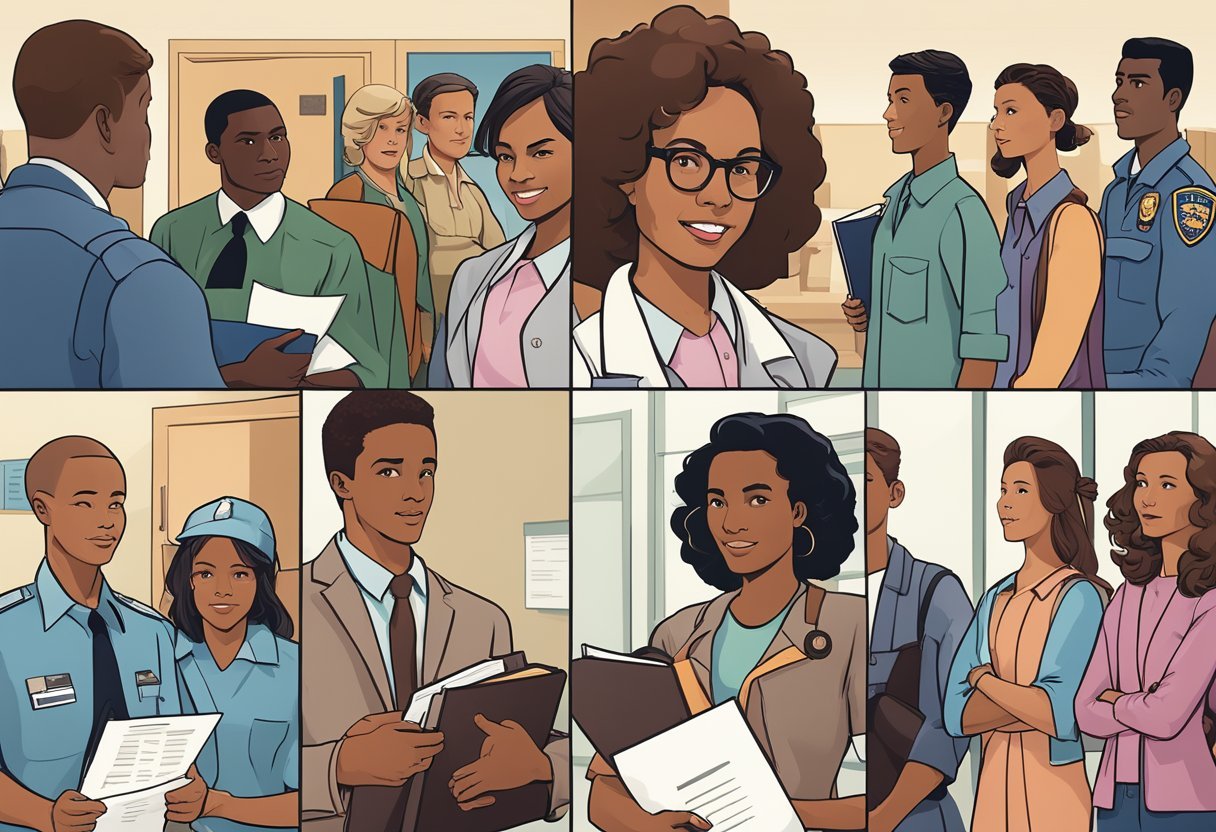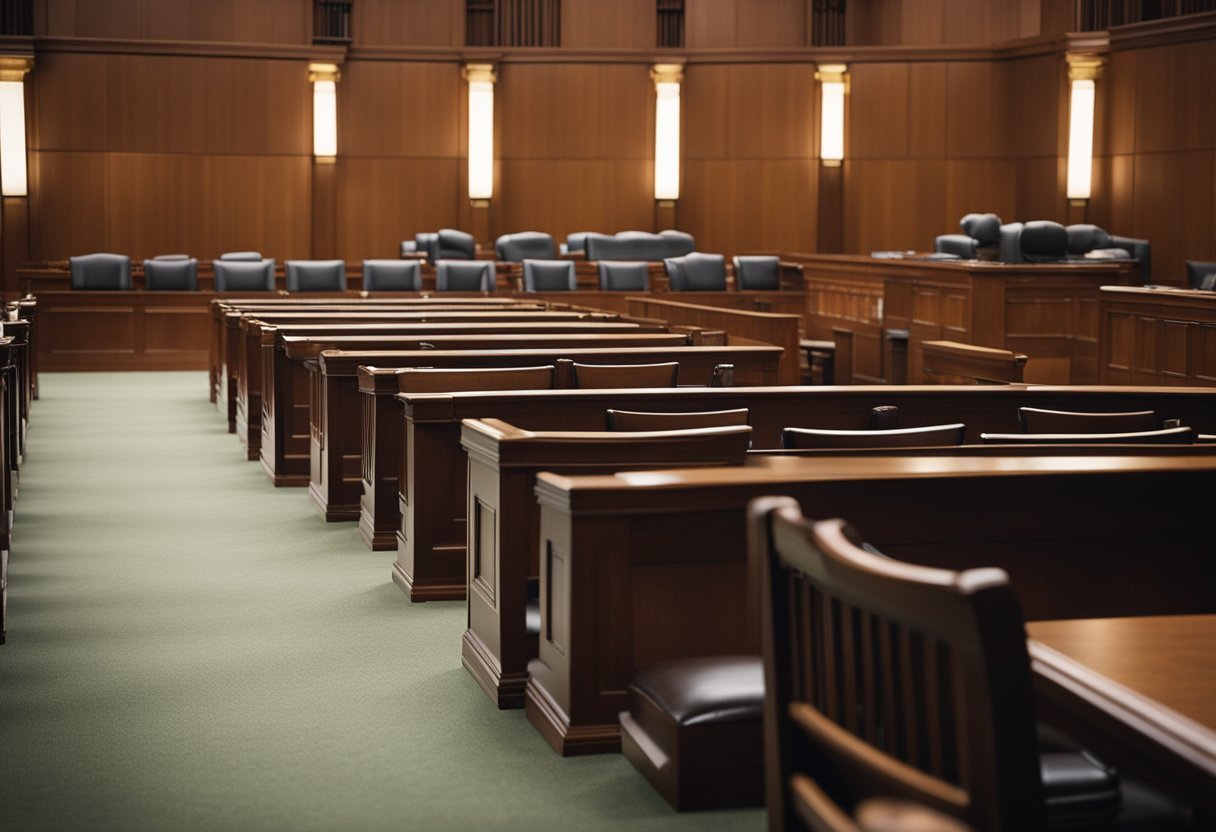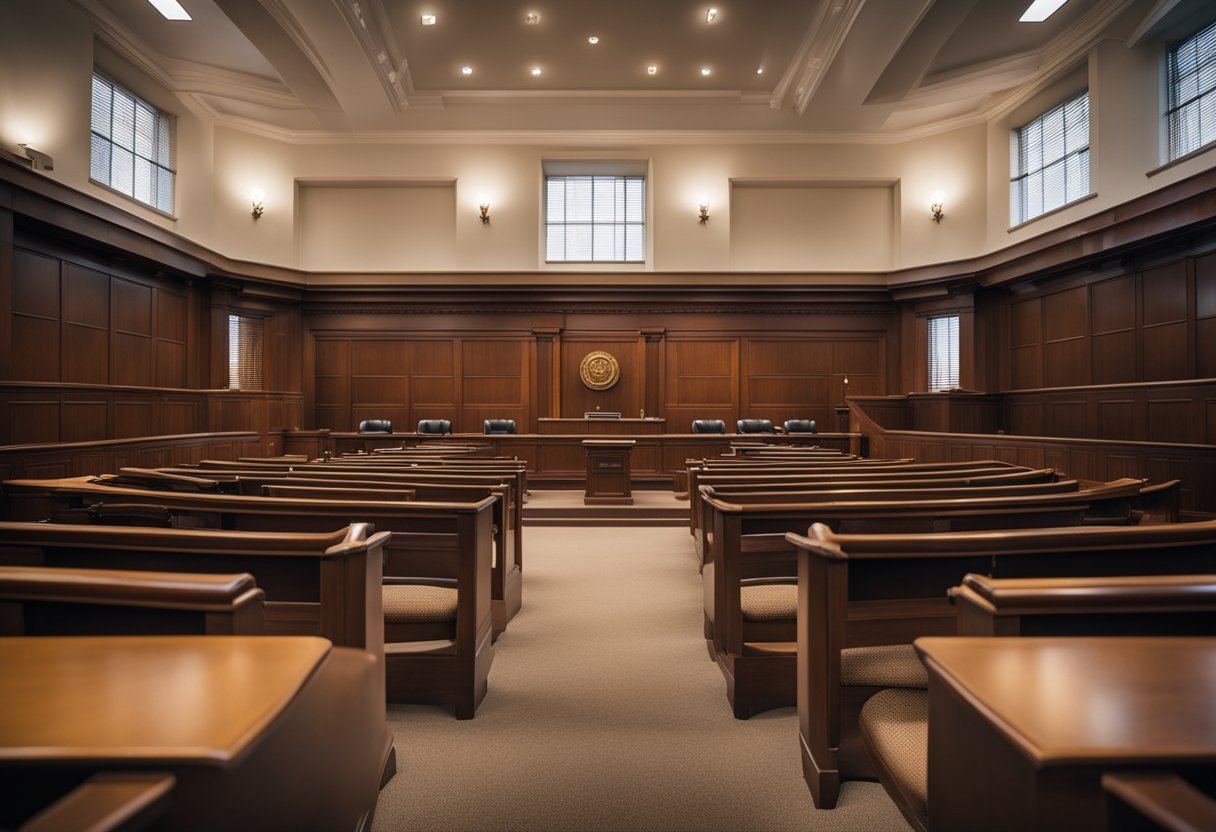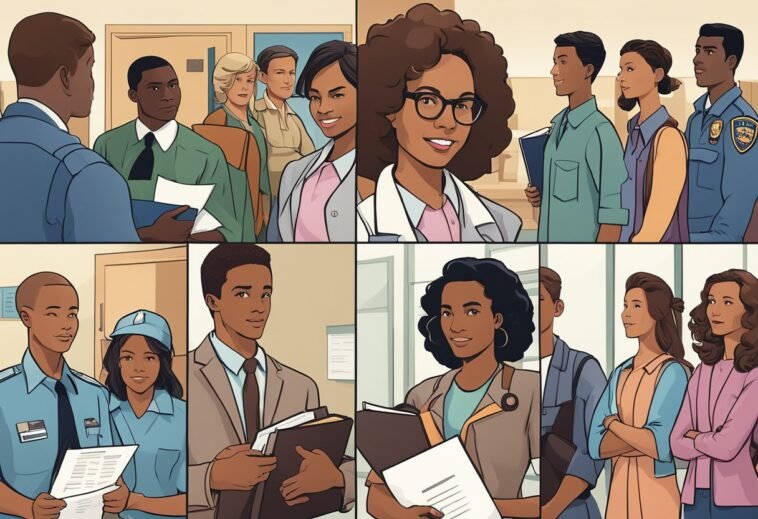Throughout American history, the Supreme Court has played a crucial role in defining civil rights and shaping societal norms. Landmark cases have not only influenced the legal landscape but have also sparked movements and discussions about equality and justice. These five landmark Supreme Court cases fundamentally changed civil rights in America, setting precedents that continue to impact citizens today.

From the beginnings of segregation to the fight for marriage equality, these decisions have addressed some of the most pressing issues in the nation. Each case reflects the evolving understanding of rights and liberties, illustrating the ongoing struggle for equality. By examining these pivotal rulings, readers can gain insight into the legal battles that laid the groundwork for modern civil rights protections.
Understanding the significance of these cases provides context for the current state of civil rights in America. These decisions not only highlight the judiciary’s influence on social change but also encourage reflection on the ongoing challenges faced by marginalized communities. Engaging with this history reveals the vital connection between past and present in the pursuit of justice.
Pivotal Supreme Court Decisions

Several landmark Supreme Court cases have significantly shaped civil rights in America by addressing issues of race, gender, and personal freedoms. Each decision has set important precedents that continue to influence American society and law.
Brown v. Board of Education (1954)
This historic case addressed racial segregation in public schools. The Supreme Court ruled unanimously that “separate but equal” educational facilities were inherently unequal, violating the Equal Protection Clause of the Fourteenth Amendment.
The decision marked a major turning point in the civil rights movement, dismantling segregation and providing a legal foundation for further desegregation efforts. The ruling mandated the integration of public schools across the nation and inspired other civil rights initiatives.
Roe v. Wade (1973)
In this significant case, the Supreme Court recognized a woman’s constitutional right to have an abortion under the right to privacy. The Court ruled that this right is fundamental and can only be restricted by states if they have a compelling interest, particularly as the pregnancy progresses.
The decision has been pivotal in discussions regarding women’s rights and bodily autonomy. It established a framework that balances a woman’s right to choose against the state’s interests in regulating abortion.
Loving v. Virginia (1967)
This landmark case invalidated laws prohibiting interracial marriage. The Supreme Court unanimously ruled that Virginia’s ban on interracial marriage violated the Equal Protection and Due Process Clauses of the Fourteenth Amendment.
The decision confirmed the fundamental right to marry, regardless of race, and played a crucial role in promoting racial equality in America. It also set the stage for future challenges to marriage discrimination of all kinds.
Miranda v. Arizona (1966)
This influential ruling established the Miranda rights, requiring law enforcement to inform individuals of their rights upon arrest. The Supreme Court determined that the Fifth Amendment’s protection against self-incrimination necessitates these warnings to ensure that confessions are made voluntarily.
The decision emphasized the importance of due process and led to significant changes in police procedures across the country. It reinforced the protection of individual rights during the criminal justice process.
Obergefell v. Hodges (2015)
In this case, the Supreme Court ruled that same-sex marriage is a constitutional right, affirming that states cannot deny marriage licenses to same-sex couples. The Court found that such bans violate the Due Process and Equal Protection Clauses of the Fourteenth Amendment.
The ruling marked a significant advancement for LGBTQ+ rights in the United States, solidifying marriage equality across the nation. It represented a culmination of efforts to achieve legal recognition and acceptance for same-sex relationships.
Impacts and Legacy

The landmark Supreme Court cases have profoundly influenced civil rights in America. Their rulings not only advanced legal principles but also reshaped societal norms and attitudes toward equality. The implications continue to resonate today through legislation, social perceptions, and ongoing movements.
Civil Rights Legislation
Significant Supreme Court cases have directly led to the creation and enforcement of crucial civil rights legislation. For instance, the ruling in Brown v. Board of Education (1954) was instrumental in dismantling racial segregation in public schools. This landmark decision galvanized support for the Civil Rights Act of 1964, which prohibited discrimination based on race, color, religion, sex, or national origin.
The Voting Rights Act of 1965 also emerged as a response to systemic voter suppression, reflecting the intentional efforts to secure access to the ballot. Furthermore, cases like Loving v. Virginia (1967) end legal prohibitions against interracial marriage, reinforcing the legislative path toward equality. These judicial outcomes fostered a political environment conducive to civil rights advancements.
Social Perceptions and Legal Precedents
The rulings issued by the Supreme Court have shifted social perceptions regarding race, gender, and individual rights. Decisions addressing discrimination and equality have contributed to changing attitudes, notably among marginalized communities. For example, the Obergefell v. Hodges (2015) ruling, which legalized same-sex marriage nationwide, markedly altered public opinion and acceptance of LGBTQ+ relationships.
Moreover, the establishment of legal precedents in these cases continues to serve as a basis for advocacy and reforms. Legal arguments rooted in these precedents guide current social movements and shape public discussions. As society evolves, the legacies of these cases fuel ongoing dialogues around justice and equality.
Ongoing Challenges and Movements
Despite the progress borne from landmark rulings, challenges remain prevalent. Contemporary movements like Black Lives Matter and LGBTQ+ rights advocates continue to confront systemic inequalities. The ongoing debate surrounding issues such as voting rights, police reform, and discrimination laws reveals the incomplete nature of civil rights advancements.
Activists often reference historical cases to underscore current struggles, illustrating the persistent fight for equality. The legal framework established by landmark cases is regularly tested in courts today, highlighting the need for vigilance and continued advocacy. These movements draw inspiration from past cases while striving to address contemporary injustices.


